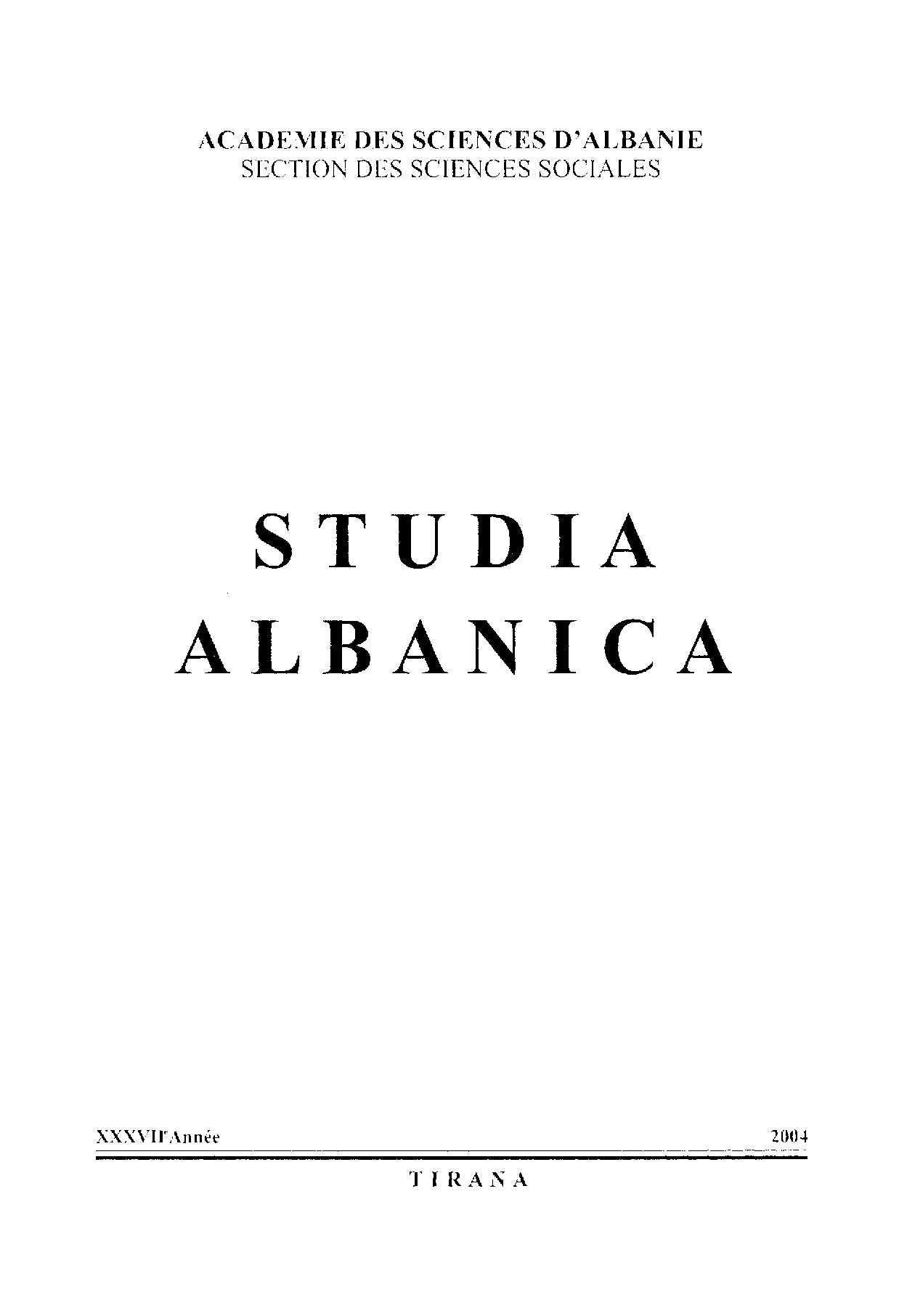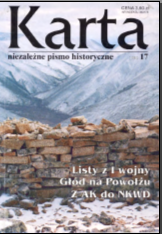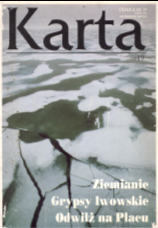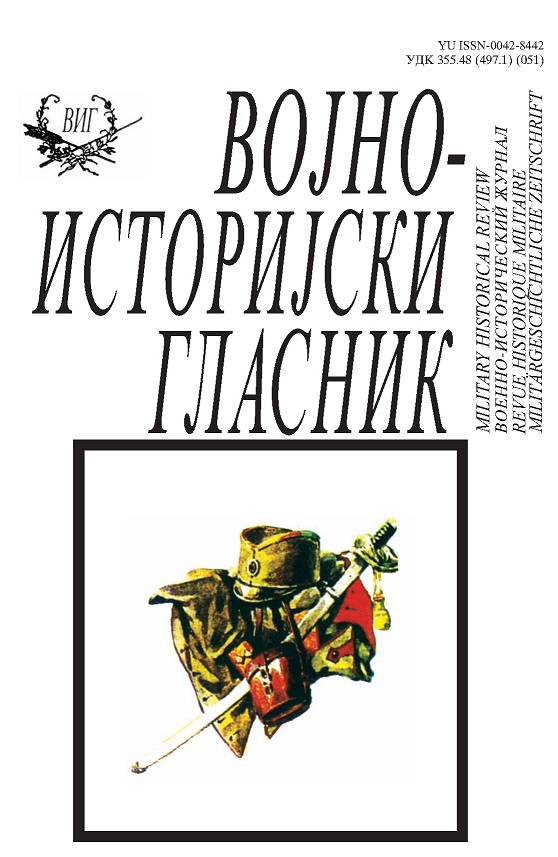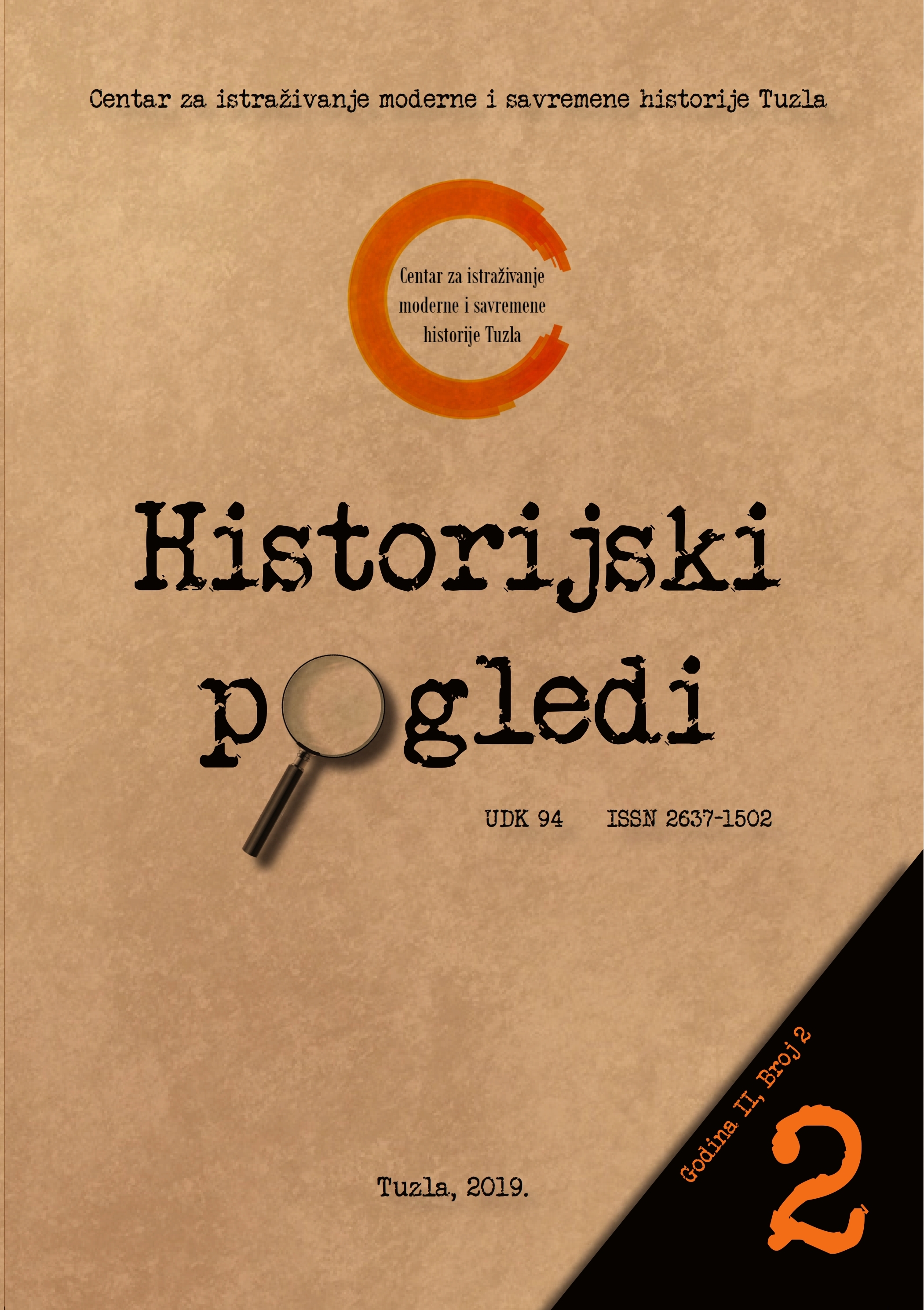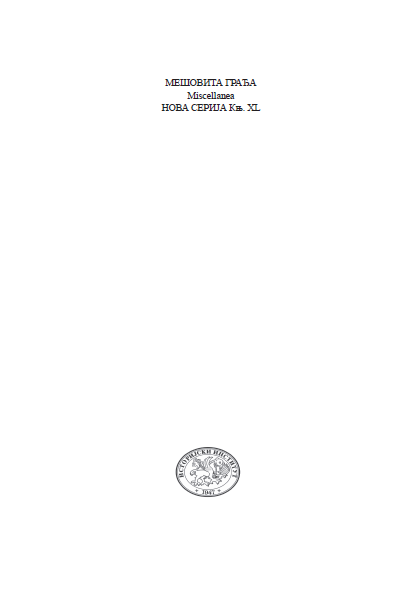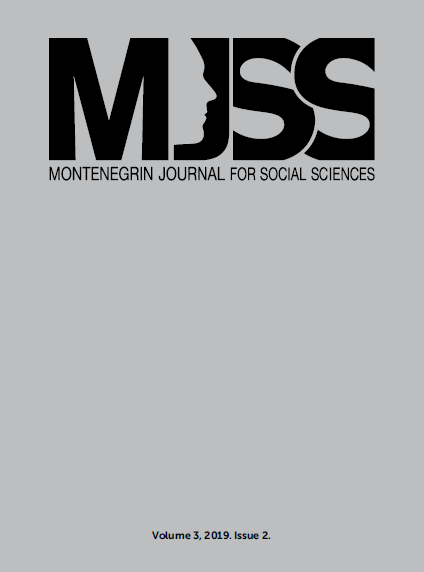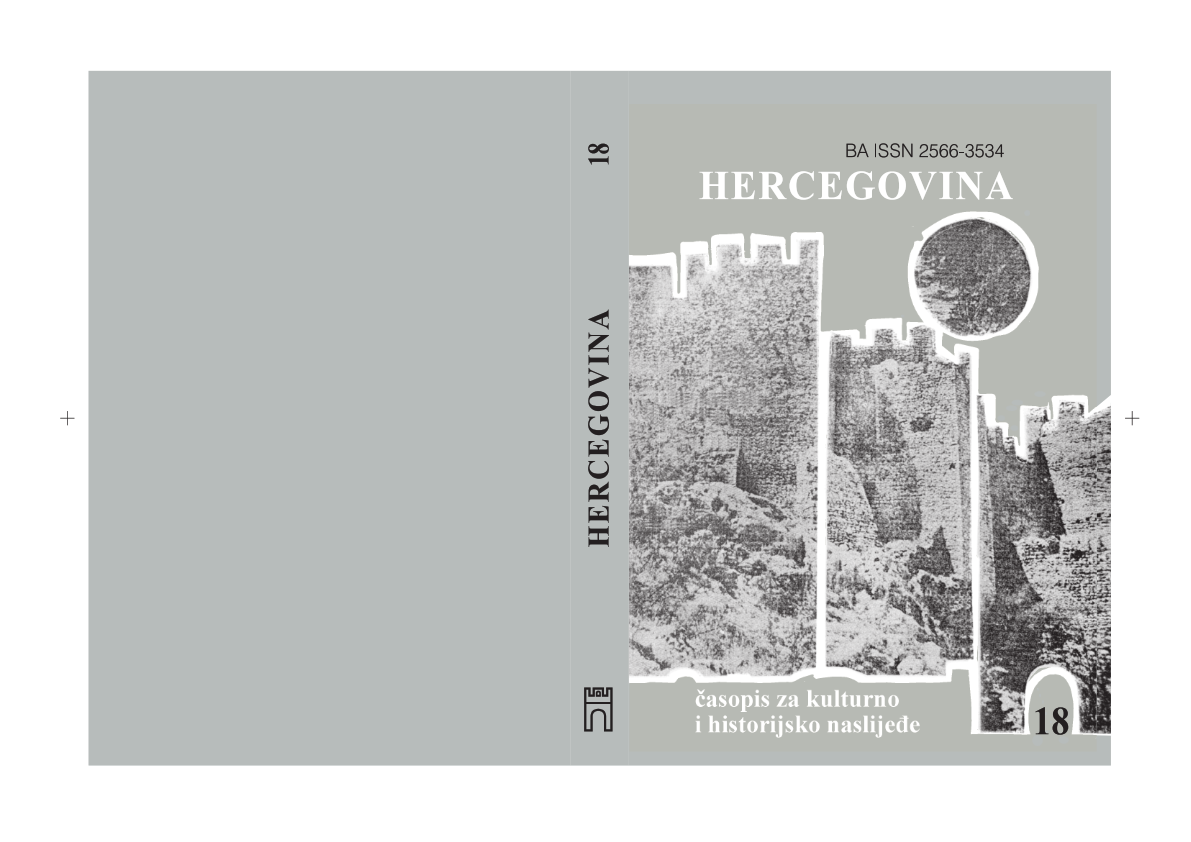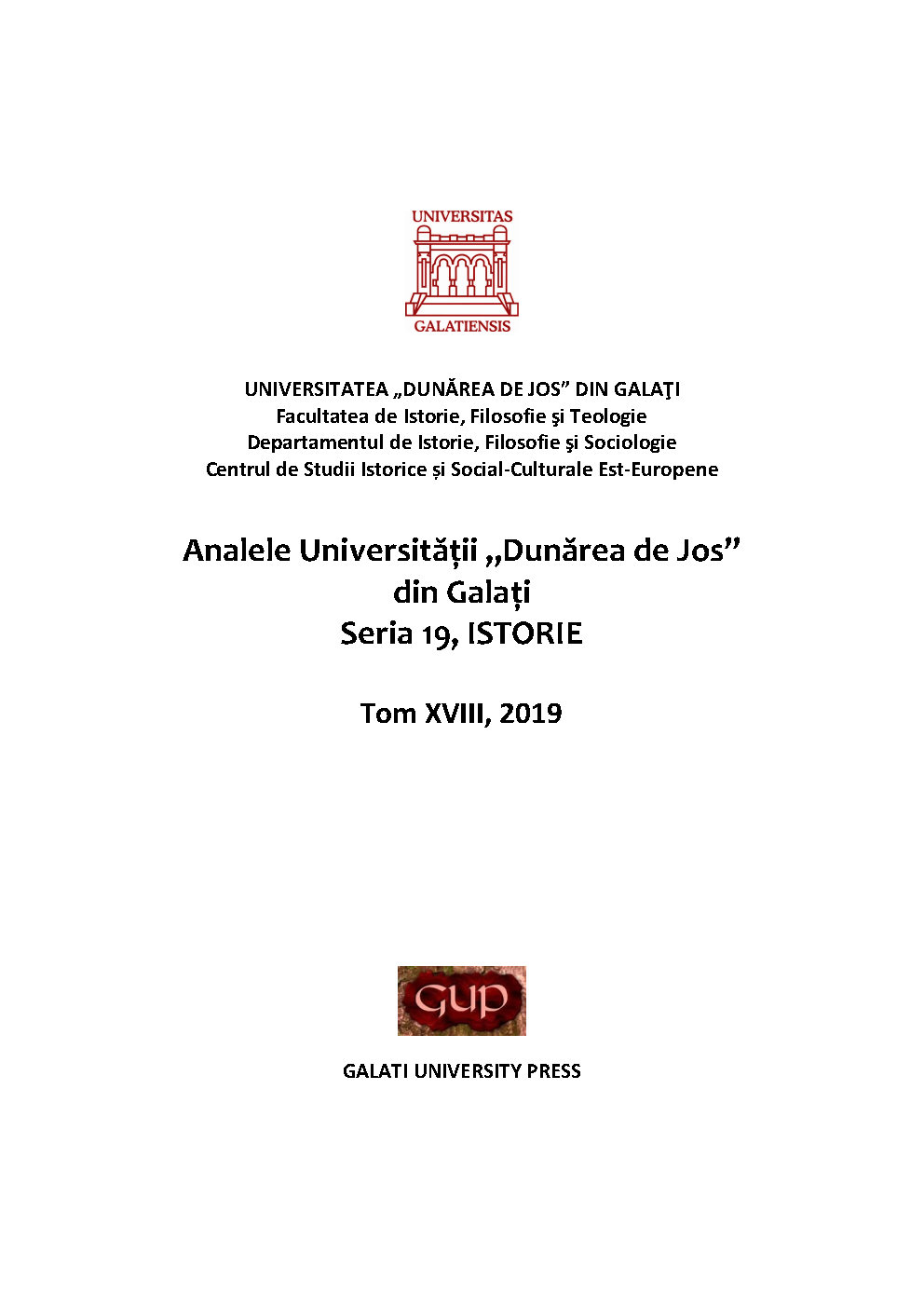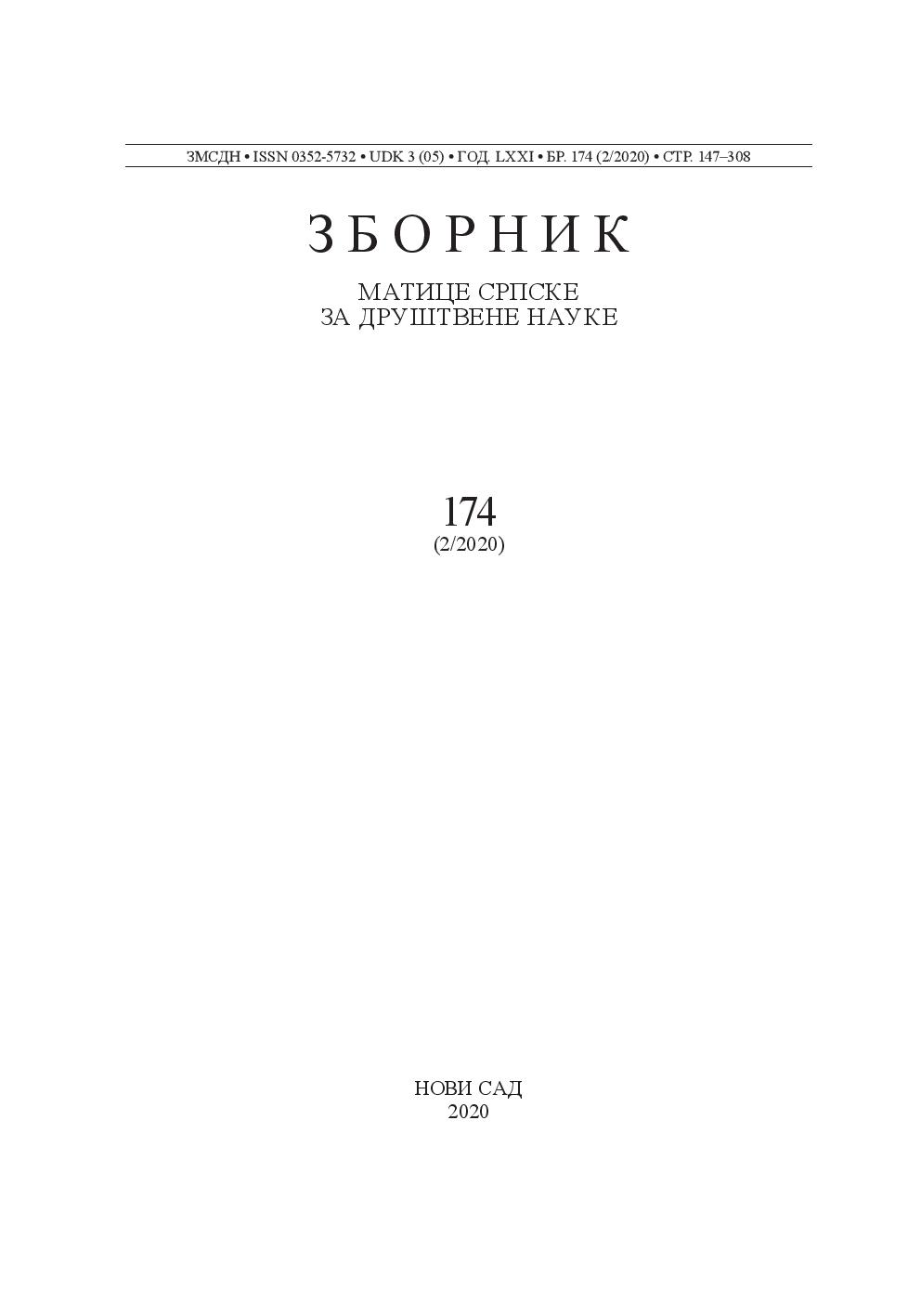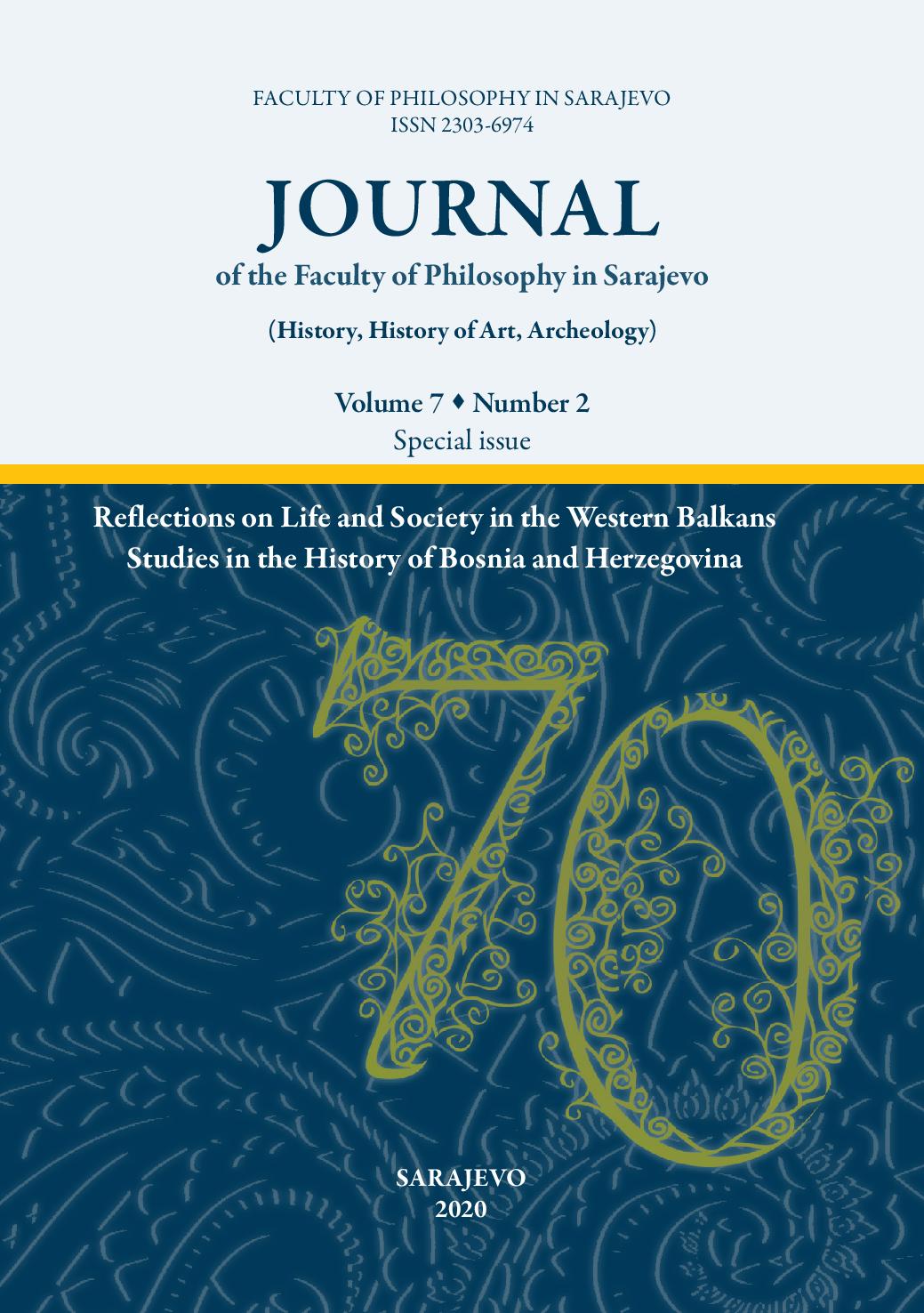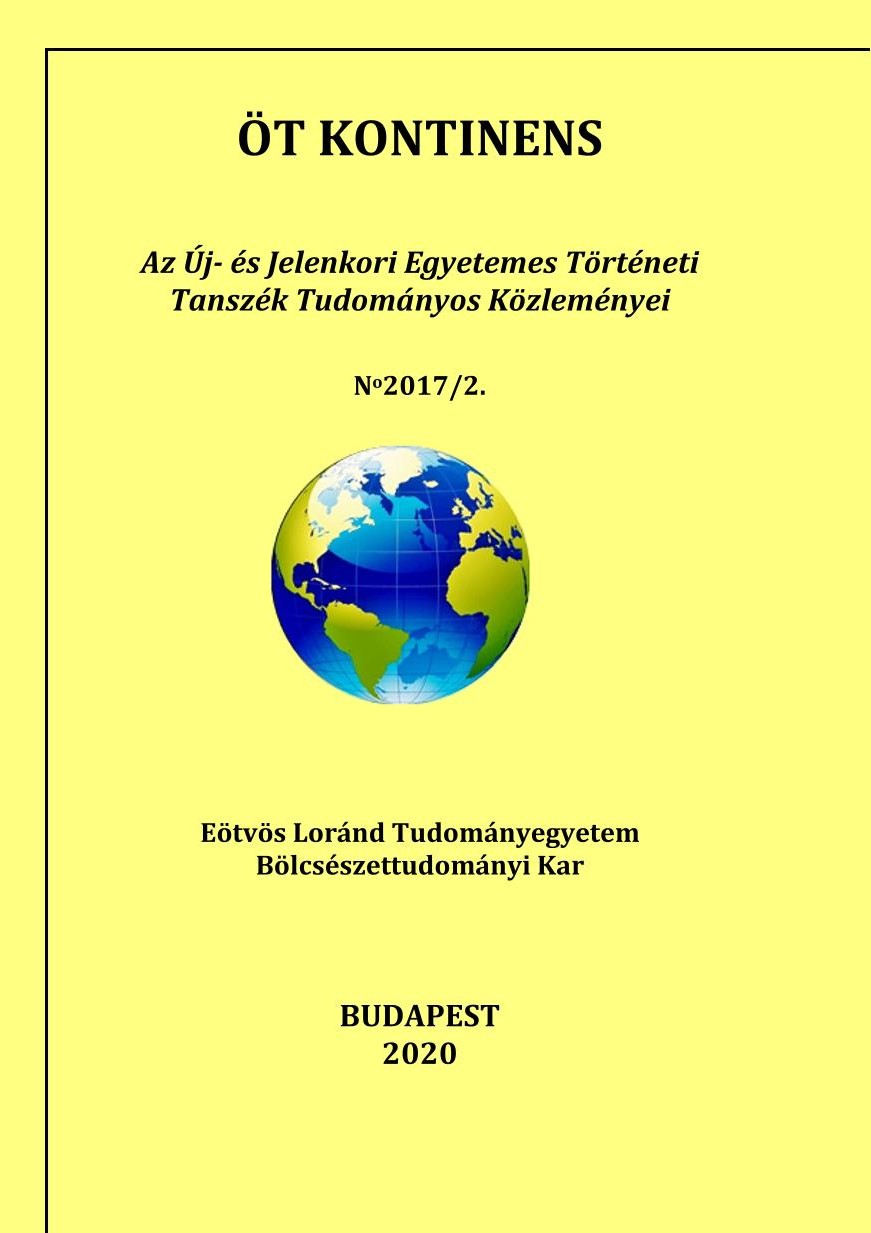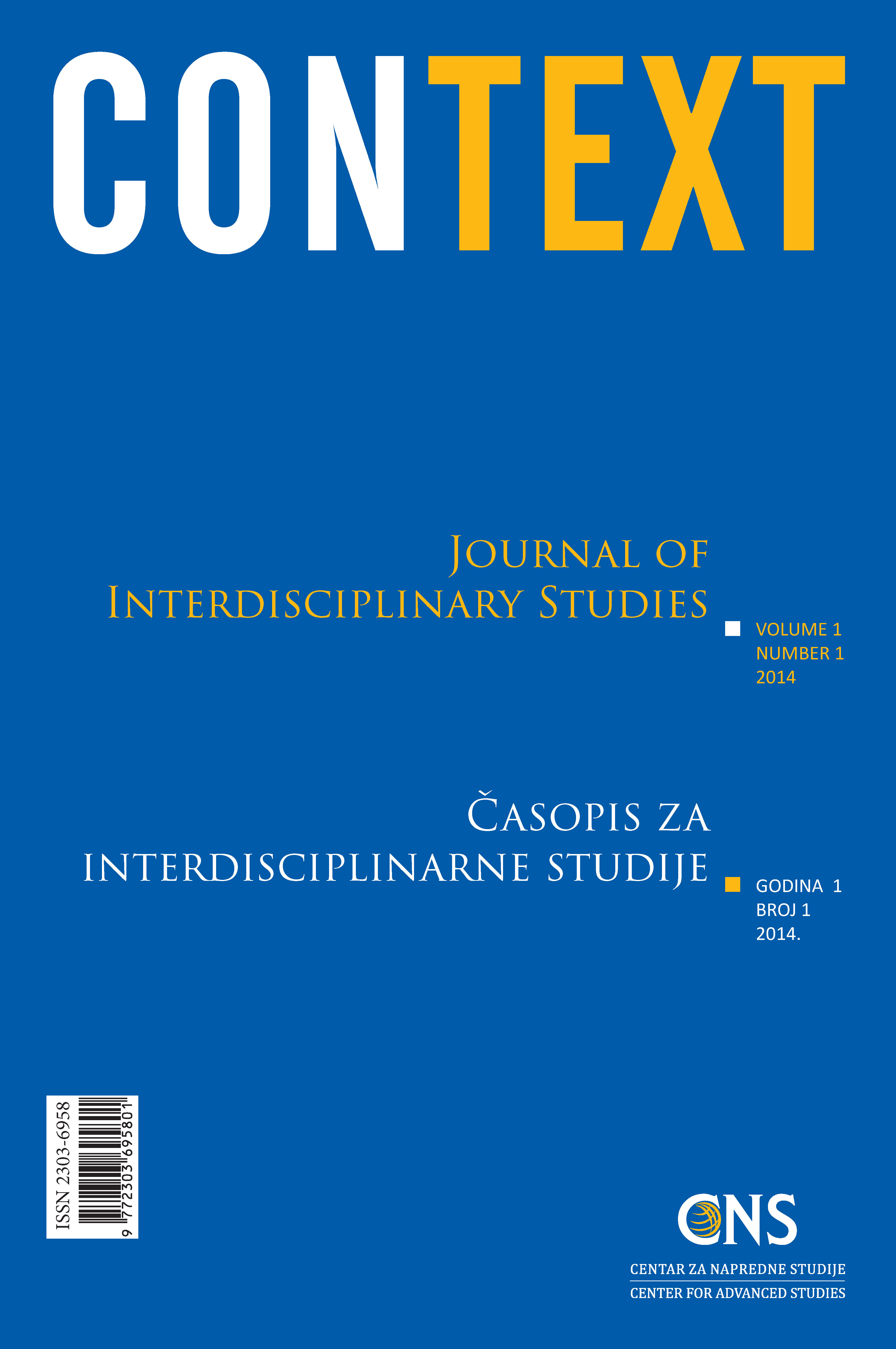Author(s): Ivan Balta / Language(s): Bosnian,Croatian,Serbian
Issue: 2/2019
The beginning of the 19th and the 20th century marked the period of nations’ constitution in southeastern Europe and greater care for nations’ oases living out of their parent nations. Sometimes that care turned into intended or unintended hegemony over other nations. This phenomenon is actual even today in various nations, especially in the Balkans, so it is interesting how "the care of the people out of their home country" (nowadays people would say "diaspora"), implemented various "actions" that were sometimes politically conducted from the Austro-Hungarian centres of power to the territory of Bosnia and Herzegovina, Croatia and Slavonia, especially in the case of the Hungarian government's pro-government project "Julian Action".So-called Julian Action was not unique at that time, neither it was the only, nor the first or special, but it can be somewhat comparable to the same work methodology in the same regions, for example, with the similar German project Schulvereine, the Italian action by Dante Alighieri, and even to not so significant Slavic action of the Cyril and Methodius societies, as well as to some other less-known "actions" that operated abroad, i.e. mainly outside the home countries, on the territory of Austria-Hungary. The opposite views were mostly manifested in the interpretation of justification, e. g. of Julian Action (which got the prosaic name). For instance, the Hungarian side (similar to German, Italian ... through their associations), justified the action of the association "Julian" by the care of its own people outside the borders of the home state (in order to preserve identity, culture and language). On the contrary, the Croatian (and also Bosnian-Herzegovinian,…) side in the activity of the "Julian" organization recognized a sort of political alienation and Hungarization (or Germanization, Italianization, ...) of the majority of domicile population. The Hungarian Julian campaign was conducted on the basis of: A) Statute of the Julian Society, (voted in 1903), and B) Hungarian, Bosnian-Herzegovinian and Croatian-Slavonic-Dalmatian laws. For example, the Hungarian Julian Schools in Bosnia and Herzegovina, Croatia and Slavonia could be founded, organized and act not only on the basis of the applicable Hungarian laws, but also on the basis of the school laws of Bosnia and Herzegovina, Croatia, Slavonia and Dalmatia, which allowed and even encouraged the organization of public and private schools, rural and wilderness schools (e. g. through Hungarian Julian schools), factory schools (e. g. Hungarian state railway schools), confessional schools (e. g. Hungarian reformatory schools), which opened a wide area of the Hungarian Julian Action operation from 1904 in Croatia and Slavonia, and from the 1908 occupation in Bosnia and Herzegovina. A vast majority of pupils were of non-German nationality, and they were enrolled there because of better conditions, employment opportunities in enterprises, state and public services, as well as because of future education. Hungarian schools and Hungarian railways, as well as Hungarian churches and societies in Croatia and Slavonia, existed in the second half of the 19th century. They had the purpose of implementing the so-called Hungarian State Thought (Magyar Állami eszme), which had been politically instrumentalized. Since 1904 until the end of the First World War they put the so-called Julian action into their systems and programmes. Almost identical relationship had existed in Bosnia and Herzegovina since 1908. There were constant conflicts between the state of Hungary and Julian campaign with the majority of Slavic population outside of Hungary, for example, in Bosnia and Herzegovina. When the Julian campaign was politically instrumentalized because of “taking care of its people in diaspora", and in some parts crossed the boundaries of "preserving" them, it began with "unintentional" assimilation through schools, railways and cultural societies. So it necessarily had to come into conflict with other nations. From the Hungarian point of view, the so-called "Bosnian Action" and "Slavonic Action" of the Hungarian Government were directed towards the care of Hungarians in the so-called "affiliated" and annexed province, as well as to strengthening and expansion of Hungarian influence in the countries where the majority of population were Muslims-Bosnians, Serbs and Croats. The same action ranged from the accusation of "Hungarianization” to the theory of the Hungarians threatened by assimilation; however, the action did not achieve a long-term goal and did not prove permanent because, after the end of the First World War, a small group of Hungarians in the newly established countries did not have any legal guarantees, and new authorities did not ensure its survival.
More...
